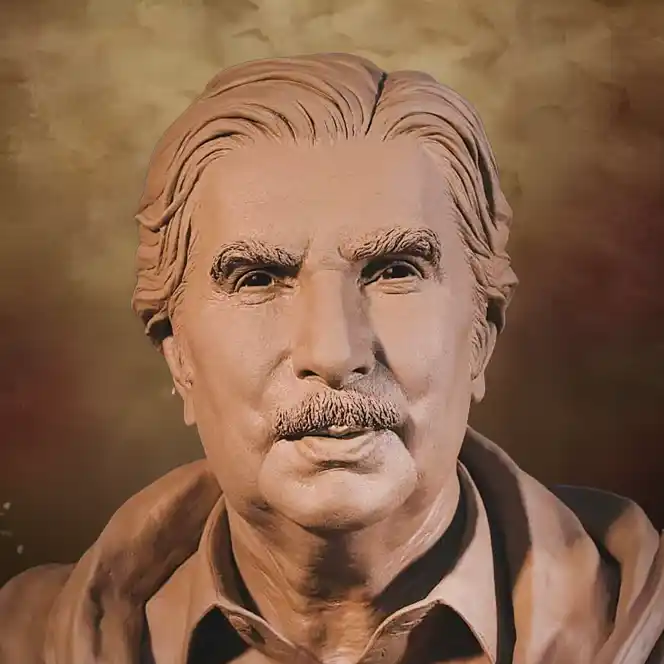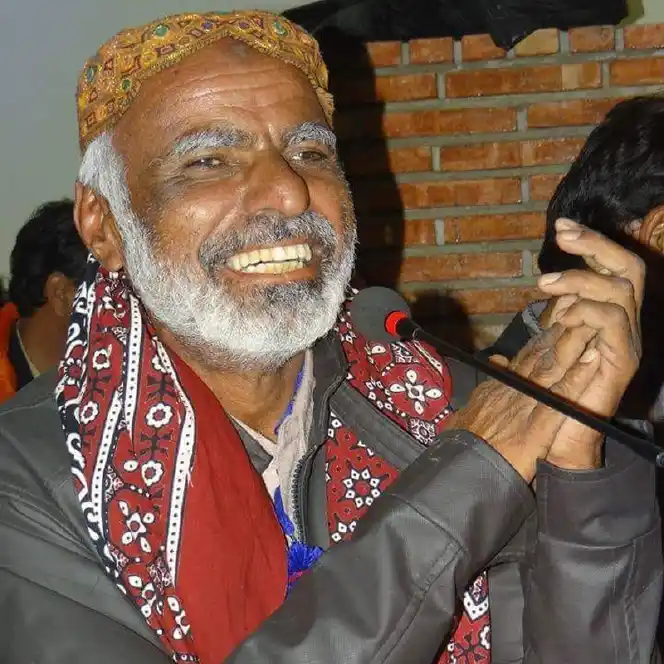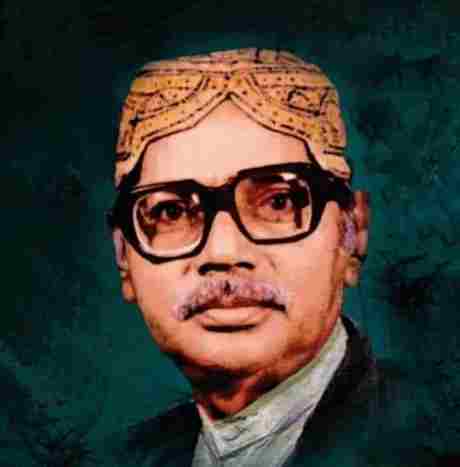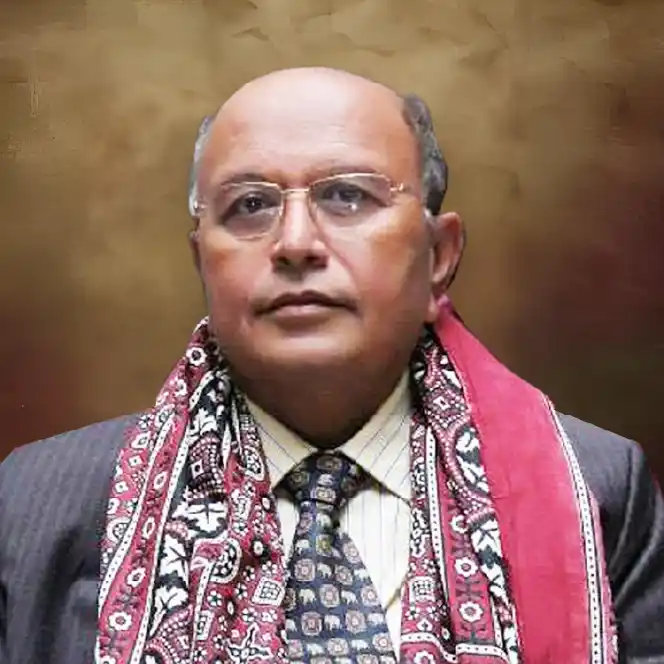| Birth Name |
Mubarak Ali Shaikh |
| Pen Name |
Ayaz |
| Born |
Friday، 02 March 1923 |
| Birth Place: |
Hyderabad |
| Died |
Sunday، 28 December 1997 |
| Remains in |
Karachi |
Shaikh Ayaz, born Mubarak Ali Shaikh on March 2, 1923, died in 28 December 1997. a revolutionary Sindhi poet and prose writer, left an indelible mark on literature with over 50 works, including poetry, plays, and translations.
Renowned as a poet, prose writer, and translator, Ayaz served as the Vice Chancellor of the University of Sindh, where he influenced generations of scholars. His body of work includes over 50 books spanning poetry, plays, biographies, short stories, essays, and translations.
One of his most celebrated achievements was translating *Shah Jo Risalo* by Shah Abdul Latif Bhittai into Urdu, earning him widespread acclaim as a literary authority. His literary contributions reflect a unique blend of revolution and romance, marking him as a transformative figure in modern Sindhi literature.
Shaikh Ayaz was awarded the prestigious Sitara-i-Imtiaz for his exceptional contribution to literature. In 2018, his legacy was honored with the establishment of Shaikh Ayaz University in Shikarpur. He is remembered as a "revolutionary and romantic poet" who bridged the classical and contemporary worlds.
Ayaz pursued a career in law and was an accomplished poet and writer from a young age. He married Iqbal Begum, a notable Sindhi poet, and drew inspiration from close friends, including Deewan Parmanand Gangwani. Ayaz passed away on December 28, 1997, in Karachi, leaving behind a family of two sons and a daughter.
Spanning nearly six decades, Ayaz's literary work included traditional forms such as bait, wa’i, nazm, azad nazm, and ghazal, as well as experimental forms like verse plays and operas. His prose work encompassed short stories, essays, travelogues, and an autobiography. He authored collections of Urdu poetry, including *Booye Gul*, *Nala-i-dil*, and *Neel Kanth Aur Neem Ke Pate*. His first Sindhi poetry book, *Bhounr Bhire Akas*, remains a milestone in Sindhi literature.
Romantic Poetry
Shaikh Ayaz introduced a modern perspective to Sindhi literature by celebrating the physical aspects of love, moving beyond the abstract and spiritual themes of traditional Sindhi poetry. His work challenged conventions, making him a trailblazer in modern romantic poetry.
Shaikh Ayaz’s literary legacy continues to inspire readers, reflecting the rich cultural heritage of Sindh and Pakistan. His revolutionary ideas, romantic verses, and unwavering dedication to literature have cemented his place as one of the most iconic poets of his time











